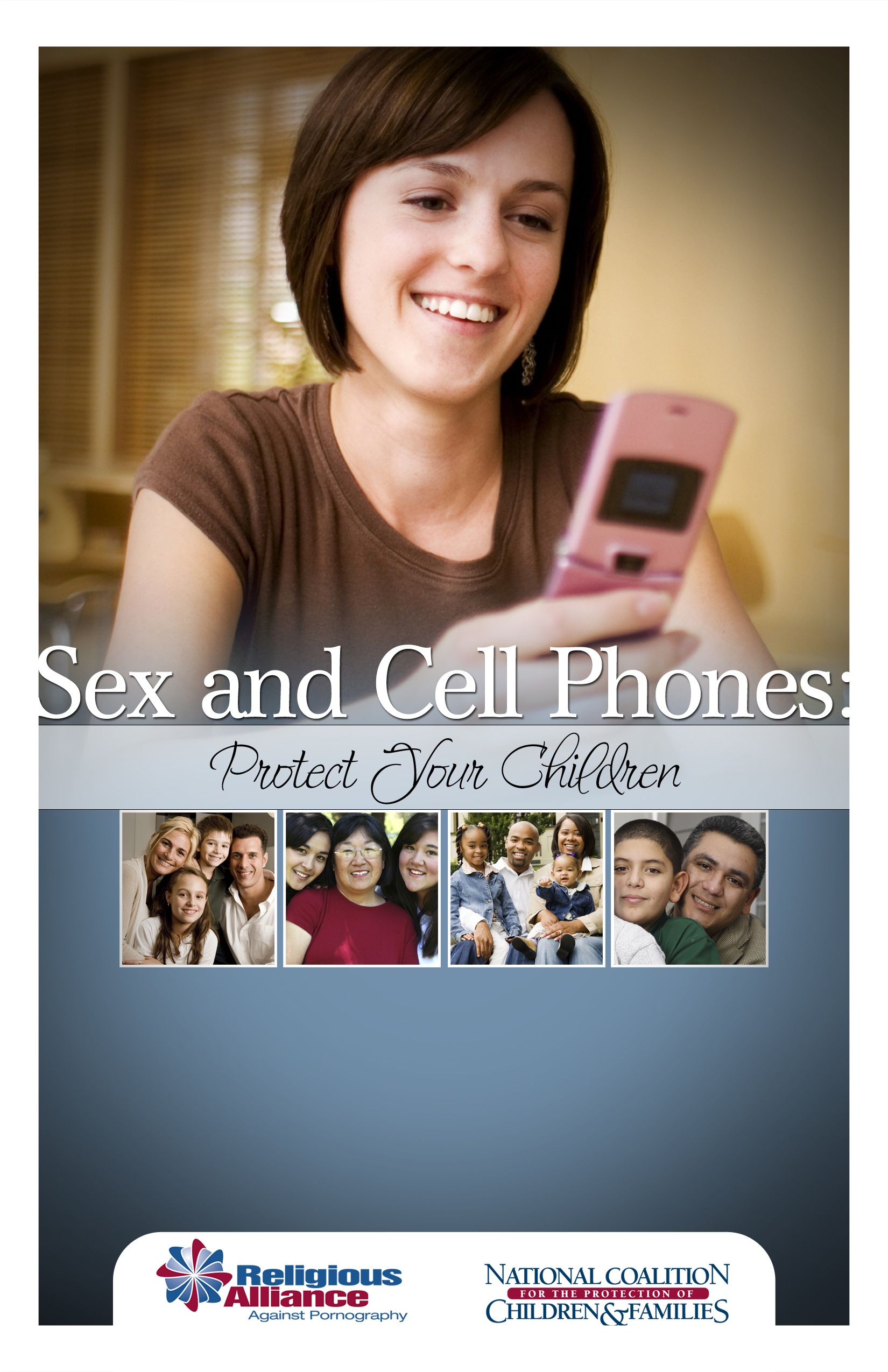
NASHVILLE, Tenn. (BP)–If someone in your family has a new cell phone on their Christmas list, you might want to get to Santa before he packs his sleigh.
The latest generation of cell phones offers an expanded array of features — some which may put your teenager at risk. New wireless technology allows users to download digital video content and other material directly from the Internet to wireless handheld devices such as the feature-rich cell phones and iPods.
These rapid advances in wireless technology and mobile entertainment prompted the National Coalition for the Protection of Children and Families to publish a timely and practical guide for parents: “Sex and Cell Phones: Protect Your Children.”
Approximately 79 percent of all teens (17 million) have a mobile device — a 36 percent increase since 2005, according to the International Association for the Wireless Telecommunications Industry (CITA). Most teens have a conventional cell phone, but a growing number (currently 15 percent) own a smart phone, which has capabilities far beyond those common to most phones introduced just two years ago.
While cell phones allow parents and their children to communicate more easily at any time of day, the phones are increasingly being used for less-than-wholesome activities, including the transmission and receipt of sexually explicit content.
While some advanced phones allow parents to actually locate their child using the phone’s GPS chip, the devices also allow students to cheat in the classroom using texting features. School officials recognize the value of students having phones in an emergency but are concerned about the distractions offered by the newer phones’ features. On many wireless phones, students can surf the Internet or watch live television while their geometry teacher explains the wonder of yet another theorem.
The Sex and Cell Phones publication warns that every child is at risk — directly or indirectly — because of the “sexually explicit content delivered over the Internet by computers and wireless technologies.” The booklet notes, “Each day in our nation, young people are victimized by those who seek to steal their innocence and corrupt their minds.”
The adult entertainment industry expects 2009 to be a breakout year for “mobile porn” as more phones come on the market with “high-quality graphics,” according to a Reuters report earlier this year. The story said Apple’s iPhone is ideal for viewing pornography because of its graphics and upgraded Web browser.
The Sex and Cell Phones guide encourages parents to become educated about the new technology and “engage in open and consistent discussions” with their children about safe use practices. The booklet provides a suggested “Safe Use Agreement” for parents and children to read and sign that offers a basis for developing “specific understanding and agreement” between parent and child relating to the cell phone use.
One of the booklet’s most valuable features is a series of questions that parents should ask a wireless company’s representative when purchasing a phone. The script includes questions about the phone’s Internet accessibility and blocking and filtering options and is designed to give parents more than just a basic comprehension of the phone’s capabilities.
The guide includes a table that lists parent-control features offered by each of the major cell phone carriers, including the estimated cost of the controls.
The Sex and Cell Phones resource can be downloaded from iLiveValues.com/cellphones.
–30–
Dwayne Hastings is a vice president with the Ethics & Religious Liberty Commission of the Southern Baptist Convention.

















